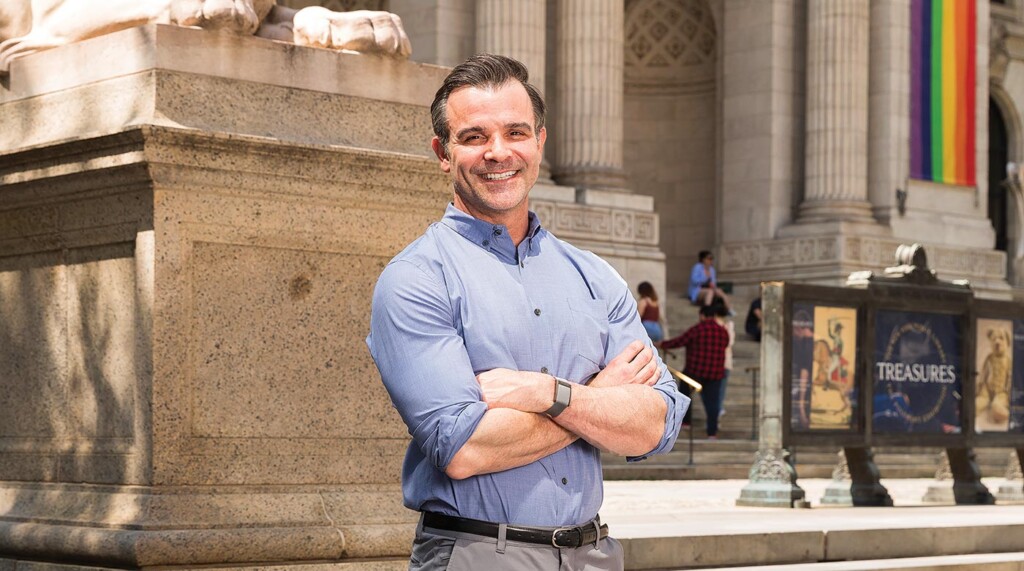Page 31 • (1,726 results in 0.081 seconds)
-
and with others, their communities, and the world. Nursing and Health The School of Nursing believes that nursing is a theory- and science-based discipline that focuses on person-centered care across all settings and states of health and illness. The art and science of nursing is relationship-based and directed by humanitarian values of human dignity, interdependence, and social justice. As a practice discipline, Nursing works to improve the health and well-being of clients and systems through
-

glistening in the distance, and the evergreen firs looming just south of the soccer field. And the grass was green. Really green. Artificial-green green. For the women’s soccer players who were the first athletes to officially compete on the synthetic-surface sports field, that color couldn’t have been more beautiful. http://www.youtube.com/watch?v=9lklxHZPURw The lighted multi-purpose field, on which the men’s and women’s soccer teams will play their home matches, is just one part of a long list of
-
Lowes retired in May 2009 after 41 years on the faculty at PLU. Many earth science alumni attended the celebration of his career in May. View the citation about him that was read at the event.Department Founder Retires Dr. Brian Lowes retired from PLU in May 2009 after 41 years of service to the department and the university. Honor him by donating to the Brian Lowes Endowed Field Geology Fund. The Brian Lowes Endowed Field Geology Fund has been established to recognize his long career and
-
undergraduate students with introductory study not available in the regular curriculum. The title will be listed on the student term-based record as DS: followed by the specific title designated by the student. (1 to 4) ECON 301 : Intermediate Microeconomic Analysis Theory of consumer behavior; product and factor prices under conditions of monopoly, competition, and intermediate markets; welfare economics. Prerequisites: ECON 101 or consent of instructor; and MATH 128 or 151. (4) ECON 302 : Intermediate
-
the Tusas Mountains preserve a succession of geologic events that include the initial development of island arc rocks, deposition of sediments and intrusion of granites, and two to three significant episodes of deformation that have been interpreted to record the assembly of the crust in this region. Critically, the typical cross-cutting field relationships between the sediment and granites, and therefore assembly processing, are not clear. Assembly could have occurred very quickly, in ~20 Ma, or
-

career in the medical field. D’Onofrio recently sat down with PLU News to discuss his PLU experience. How did you learn about PLU? I played competitive soccer in high school, and the coach at PLU, John Yorke, reached out to me. Yorke said, “I think you should keep playing soccer.” The opportunity to play soccer made me come here. How did soccer impact you? I think it helped me grow as a person. I gained confidence in myself that I did not think I had at times, because people around me provided
-
equitable mathematics teaching practices, and curriculum design through the exploration of concepts in secondary mathematics. This course includes a field experience component. Cross-listed with MATH 446. Prerequisite: EDUC 205 and MATH 253 or 331. (4) EDUC 450 : Seminar - SR A seminar for all education students focusing development of professionalism and competence in inquiry and reflective practice. (2) EDUC 455 : Internship II Teacher candidates will be required to complete a minimum of 450 hours of
-
to 4) ANTH 389 : Special Topics in Anthropology To provide undergraduate students with new, one-time, and developing courses not yet available in the regular curriculum. The title will be listed on the student term-based record as ST: followed by the specific title designated by the academic unit. (1 to 4) ANTH 480 : Anthropological Inquiry Historic and thematic study of the theoretical foundations of anthropology: research methods; how theory and methods are used to establish anthropological
-

junior person in the organization, but she took an interest in me,” Bannon remembers. “Deborah was a big fancy person in the field, the fact that she cared enough to show interest in me was a really important lesson in leadership.” Bannon now knows that Jacobs took a similar interest in other young leaders in the organization, motivated by her commitment to developing future leaders in the public library field. Inspired by Jacobs, Bannon now shares this commitment. “A big part of my focus now is
-
to develop oral presentations Level III: Anthropology 300 & 400 Level CoursesDuring their third year minors should be able to: understand a culture area, including the similarities and diversities in it look at a cultural topic in a large number of cultures throughout the world read and use scholarly literature recognize theory and method in the anthropological literature develop an integrated research paper using professional sources consistently and accurately use the American Anthropological
Do you have any feedback for us? If so, feel free to use our Feedback Form.


